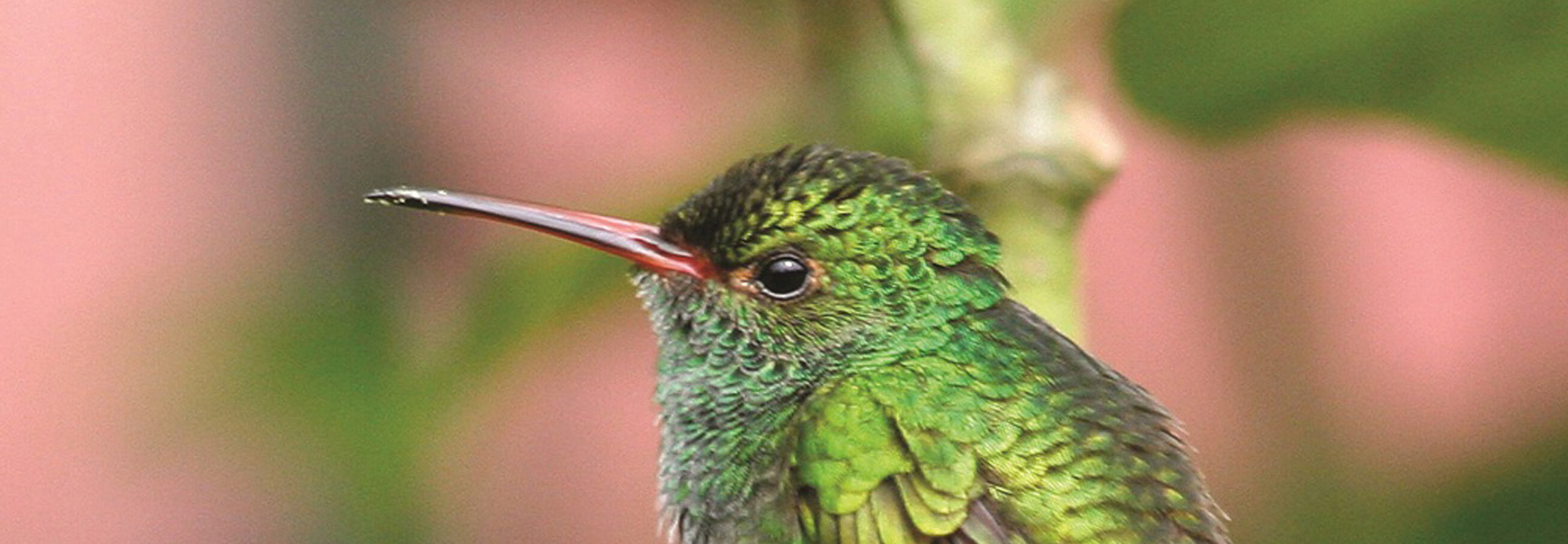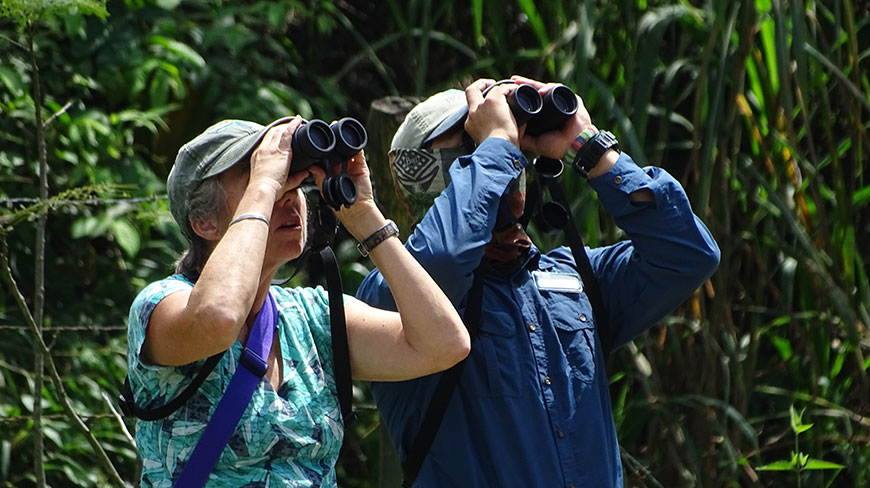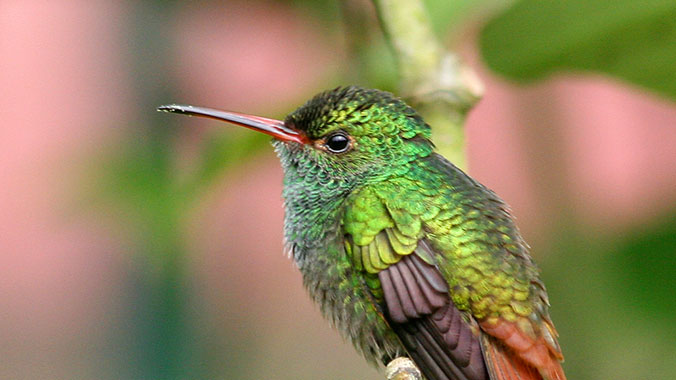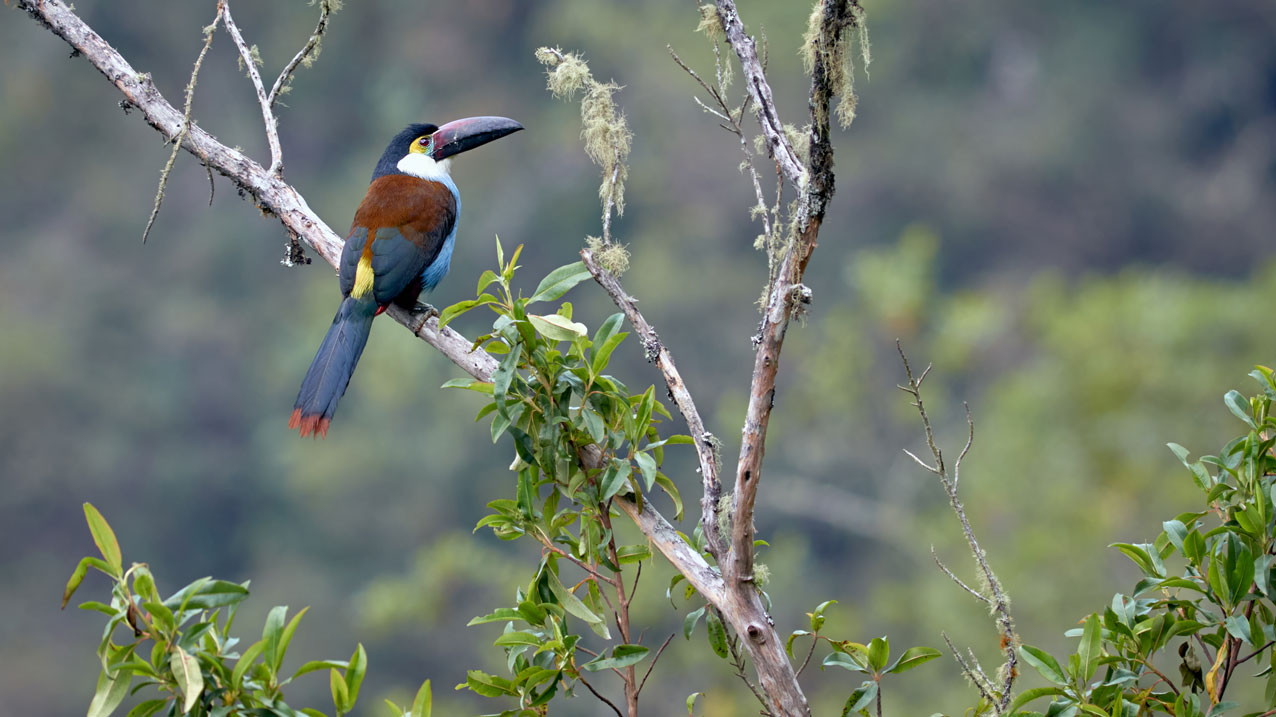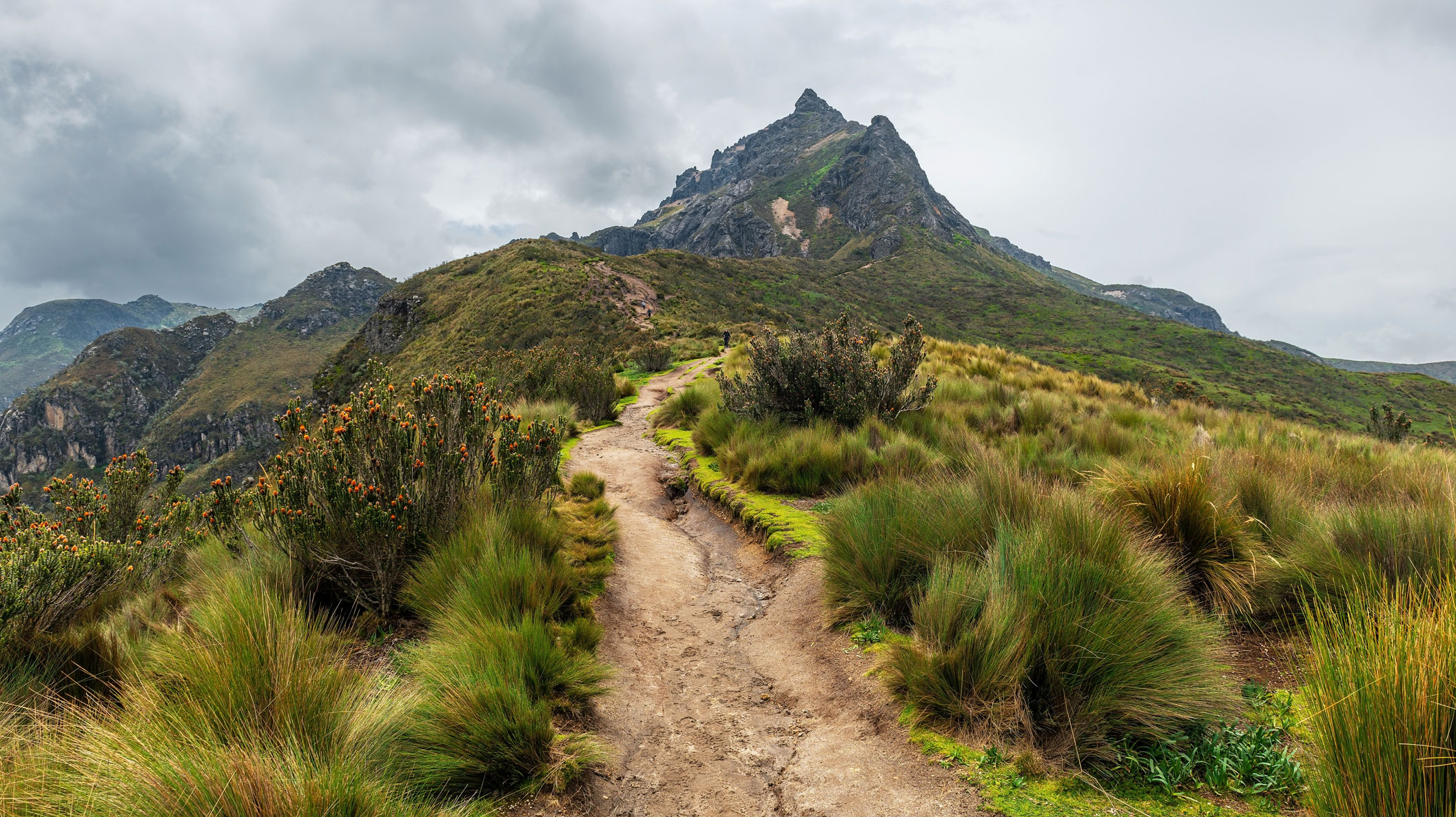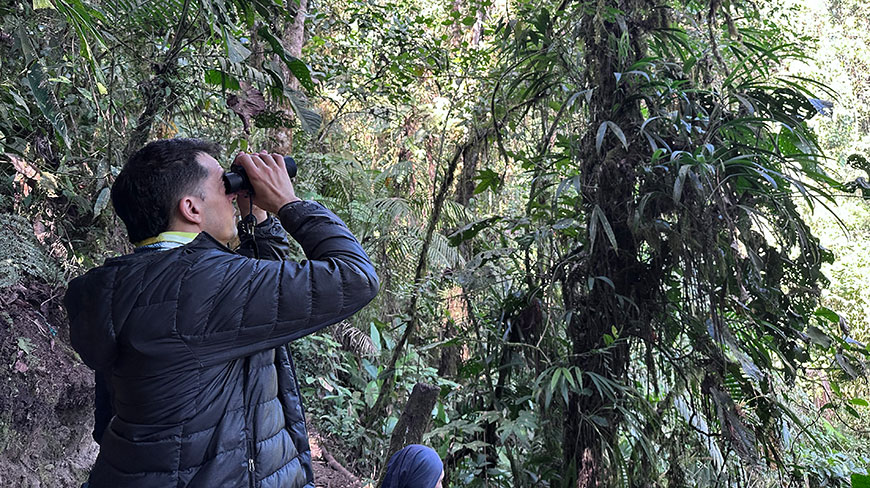Banana, The Fate of the Fruit That Changed the World
by Dan Koeppel
Koeppel traces the history, natural and otherwise, politics and precarious current status of modern monoculture, touching down in India (world center of banana diversity), Ecuador (world's largest producer) and Central America.
Birds of Ecuador, A Field Guide
by Paul Greenfield, Robert Ridgely
A comprehensive, gorgeous and exhaustively researched field guide to the birds of Ecuador (and adjacent countries), featuring 96 color plates. It's also the best bird guide for travelers in the Ecuadorian Amazon.
Birds of Northern South America, Vol. 1: Identification, Distribution and taxonomy
by Robin Restall, Miguel Lentino
The hefty companion volume, with detailed species accounts, covers 2,308 species of birds found from Ecuador to French Guiana.
Birds of Northern South America, Vol. 2: Field Guide
by Robin Restall, Clemencia Rodner, Roger Williams
Designed for use in the field, this Identification Guide (Volume 2 of the monumental Birds of Northern South America), features Robin Restall's exquisitely detailed paintings, along with range maps and brief notes on identification integrated on facing pages. With an astounding 6400 color paintings (illustrating many birds in a variety of plumages) and 2308 maps. It covers all of Ecuador, Colombia, Venezuela, Guyana, Suriname and French Guiana (including offshore islands) and can be used (with caution warn the authors) in Northern Peru and Brazil. Birders in the Amazon will welcome this book.
Culture Smart! Ecuador
by Culture Smart
A concise and practical guide to local customs, etiquette and culture with a short overview of the land and people along with practical travel advice.
Ecuador Map
by Berndtson & Berndtson
A detailed laminated map of Ecuador at a scale of 1:1,000,000, with detailed insets of Quito, Guayaquil, Galapagos and the Ecuadorian Amazon on the reverse.
Ecuador Reader, History, Culture, Politics
by Carlos De La Torre (Editor), Steve Striffler (Editor)
A portrait of a nation. This lively sourcebook gathers selections from long out-of-print travel accounts, articles, interviews, poems, literary excerpts (and even a recipe) to document the vitality and diversity of modern Ecuador.
Ecuador, A Travel Journal
by Henri Michaux, Robin Magowan (Translator)
A brief, querulous and entirely wonderful narrative of the modernist painter Michaux's travels with the poet Gangotena, strong on color and personality. Its many pleasures include an unbeatable description of Quito's accursed mountain weather.
Lonely Planet Latin American Spanish Phrasebook
by Lonely Planet Publications
A handy Spanish phrasebook, with a short two-way dictionary.
Portrait of a Nation, Culture and Progress in Ecuador
by Osvaldo Hurtado
President of Ecuador from 1981 to 1984, Hurtado writes of cultural values and obstacles to change. A main one, he writes, is that beliefs and cultural attitudes in the country impede economic success.
Rough Guide Ecuador
by Rough Guides
A compact comprehensive guide to travel in Ecuador, including Quito, the Oriente and Galapagos with extensive listings, dozens of sketch maps, and a brief overview of culture, nature and history.
The Andes
by Jason Wilson
Starting out in Cuzco, heart of the Inca Empire, Wilson spreads north and south along the Andes, including excerpts from South American literary giants, travelers and his own impressions.
The Invention of Nature: Alexander von Humboldt's New World
by Andrea Wulf
A fascinating look at the life and scientific adventures of German naturalist Alexander von Humboldt (1769-1859). During a five-year expedition (1799-1804) he mapped unexplored areas of South America, tracked the Pacific Ocean current that now bears his name, painstakingly documented and collected botanical specimens from the New World, and discovered the magnetic Equator.
Through the Eyes of the Condor, An Aerial Vision of Latin America
by Robert B. Haas
This collection of stunning, oversized photographs, taken from above, shows the jungles and favellas, the reefs and ruins, wildlife and diverse landscapes of Latin America.
Woven Stories, Andean Textiles and Rituals
by Andrea Heckman
This illustrated survey focuses on Quechua textiles, traditions, designs and daily life in the Andes, specifically in the high country surrounding Ausangate, 85 miles southeast of Cuzco.
